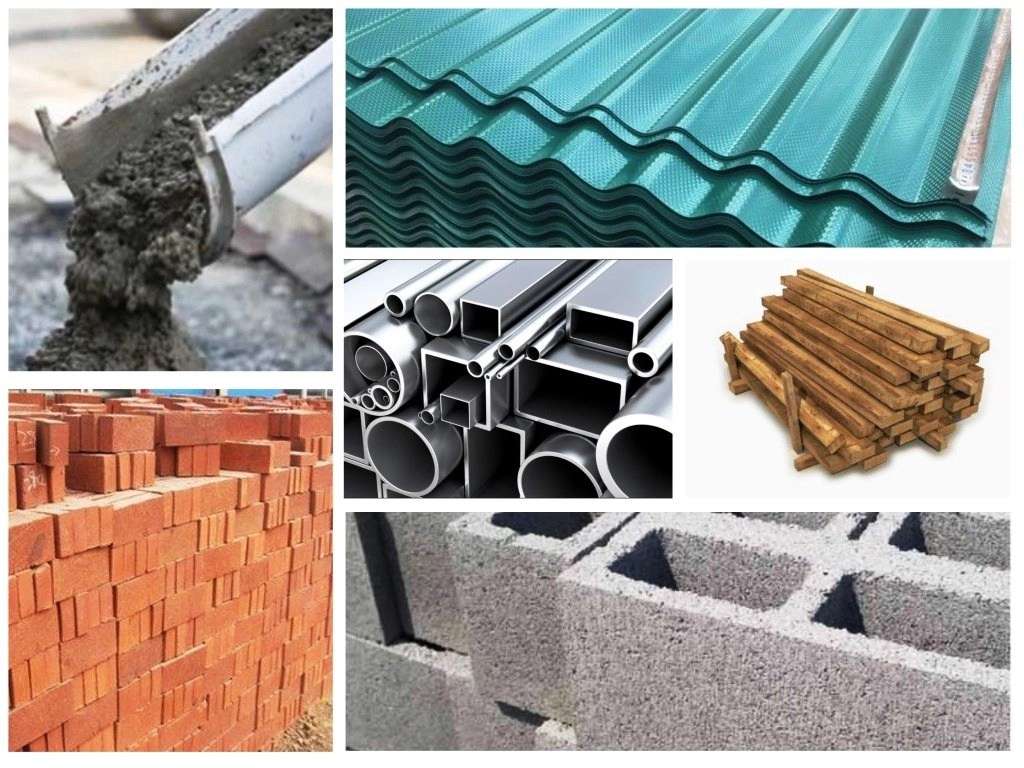
The high cost of building materials in Nigeria has reached a critical point, leaving the masses on the brink of despair. As citizens grapple with rising prices that threaten their ability to construct homes and infrastructure, the government’s empty promises and the irresponsible actions of manufacturers exacerbate the situation. The plight of ordinary Nigerians is not just a matter of inconvenience; it is a reflection of systemic failures that demand urgent attention.

In recent years, the prices of essential building materials such as cement, sand, gravel, and paint have skyrocketed, often without justification. While the government frequently addresses fuel prices, the impact of escalating costs of construction materials remains largely overlooked. This negligence is troubling, especially when considering that the rising expenses of critical items like blocks, pans, asbestos, and nails impede the aspirations of countless families striving for a better living environment. The actions of certain manufacturers who exploit the government’s weaknesses, deliberately inflating prices without any regulatory pushback, reveal a form of economic wickedness that undermines society.

Despite numerous promises to improve the economy and alleviate the burden on everyday citizens, the government’s inaction speaks volumes. The lack of accountability for manufacturers who manipulate prices shows a systemic failure to protect the populace’s interests. Consumers are left at the mercy of profit-driven entities that disregard the consequences of their actions, pushing many families further into poverty.
To address this pressing issue, several policy recommendations are essential. First, investing in infrastructure, such as roads and power supply, can significantly reduce transportation and production costs, ultimately lowering the prices of building materials. Additionally, promoting local manufacturing of these materials would reduce reliance on imports and help stabilize prices in the market. This can be achieved through tax incentives, grants for production facilities, and streamlined permit processes.
Providing access to affordable financing for developers and individuals is crucial in addressing the housing shortage. By making loans more accessible, the government can empower more citizens to partake in the housing market. Establishing a national housing fund with lower interest rates and longer repayment periods can facilitate this effort.
Moreover, promoting transparency and accountability is vital. The government can ensure fair pricing by establishing a regulatory body responsible for monitoring pricing practices and enforcing penalties for hoarding and speculative pricing. Publicly accessible price databases can help consumers make informed decisions and encourage competition among suppliers.
To combat corruption in the building materials sector, a multi-faceted approach is necessary. Strategies could include regular audits of manufacturers, stringent penalties for corrupt practices, and the establishment of whistleblower protections to encourage reporting of unethical behaviour. Collaborations between the government and private sector can also enhance oversight and accountability, fostering a more transparent supply chain.
Furthermore, exploring alternative and more affordable building materials can significantly contribute to reducing costs. Materials such as compressed earth blocks, bamboo, and recycled plastics present viable options. Promoting research and development in these areas through public-private partnerships can lead to innovative solutions that benefit the broader population.
At all levels, the government possesses the resources and authority to bring down the high prices of building materials. Rather than making unrealistic promises that ultimately benefit a few disgruntled elements seeking to enrich themselves, decisive action is required. The government must prioritize the welfare of the masses, ensuring that policies are in place to protect consumers and promote fair market practices.
In conclusion, the high cost of building materials in Nigeria is a pressing issue that cannot be ignored any longer. The combination of government inaction and exploitation by manufacturers has created a perfect storm, leaving the masses vulnerable and desperate. It is imperative for the government to take decisive steps to regulate the market and ensure that prices reflect the realities of the average citizen. Through investment in infrastructure, support for local production, accessible financing, enhanced transparency, and the exploration of alternative materials, we can alleviate the suffering of millions and build a brighter future for all Nigerians. The time for change is now; the masses cannot afford to wait any longer.
© 2025 Fẹ́mi Akínṣọlá. All rights reserved.
This work is protected under copyright law. Unauthorized reproduction or distribution is prohibited.








